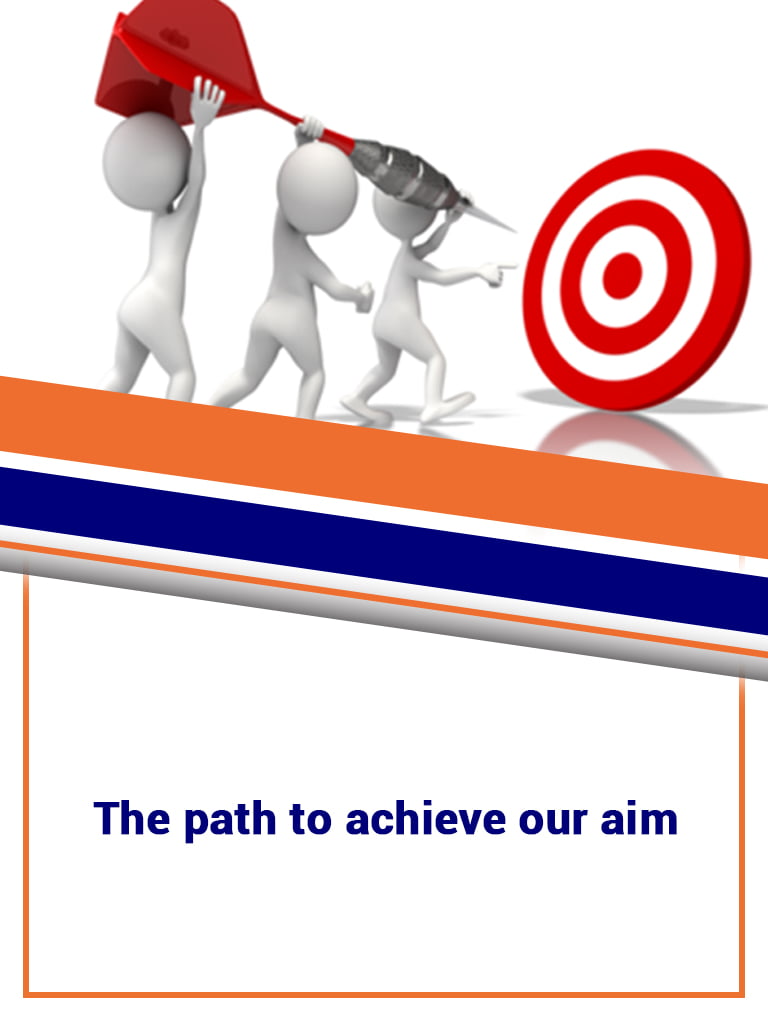This post was last updated on January 22nd, 2021
The vision of the department sets the goal and the mission implements the process of achieving the vision. Vision, Mission statements of the department are defined by considering Vision, Mission statements of Institute, and by taking the suggestions from stakeholders.
The Program Educational Objectives (PEOs) are in line with Vision, Mission of the Institution & the department and Program Outcomes (POs). PEOs define the abilities of the graduates to excel in their professional career.
The ISE department Vision, Mission, PEOs, POs and PSOs are as follows:
VISION
To be a premier department of learning Information Science and Engineering in the state of Karnataka, moulding students into Professional Engineers.
MISSION
1. Provide teaching-learning process that develops core competencies in Information Science and Engineering to meet the needs of the industry and higher education
2. Create an environment for innovative thinking and self-learning to address the challenges of changing technology
3. Provide an environment to build team spirit and leadership qualities to succeed in professional career
4. Empathize with the societal needs and environmental concerns in Information Science and Engineering practices
2. Create an environment for innovative thinking and self-learning to address the challenges of changing technology
3. Provide an environment to build team spirit and leadership qualities to succeed in professional career
4. Empathize with the societal needs and environmental concerns in Information Science and Engineering practices
PROGRAM EDUCATIONAL OBJECTIVES (PEO’S)
After 2/3-year of graduation, the graduates will have the ability to:
- Analyse, design and implement solutions in the field of Information Science and Engineering and adapt to changes in technology by self-learning
- Work effectively as an individual and in a team, exhibiting leadership qualities to meet the goals of the organization
- Keep abreast with the technology and pursue higher education
- Work with professionalism to meet societal needs along with concern for environment
PROGRAM OUTCOMES (PO’S)
Engineering Graduates will be able to:
- Engineering knowledge:Apply the knowledge of mathematics, science, engineering fundamentals, and an engineering specialization to the solution of complex engineering problems.
- Problem analysis: Identify, formulate, review research literature, and analyze complex engineering problems reaching substantiated conclusions using first principles of mathematics, natural sciences, and engineering sciences.
- Design/development of solutions:Design solutions for complex engineering problems and design system components or processes that meet the specified needs with appropriate consideration for the public health and safety, and the cultural, societal, and environmental considerations.
- Conduct investigations of complex problems: Use research-based knowledge and research methods including design of experiments, analysis and interpretation of data, and synthesis of the information to provide valid conclusions.
- Modern tool usage: Create, select, and apply appropriate techniques, resources, and modern engineering and IT tools including prediction and modeling to complex engineering activities with an understanding of the limitations.
- The engineer and society:Apply reasoning informed by the contextual knowledge to assess societal, health, safety, legal and cultural issues and the consequent responsibilities relevant to the professional engineering practice.
- Environment and sustainability:Understand the impact of the professional engineering solutions in societal and environmental contexts, and demonstrate the knowledge of, and need for sustainable development.
- Ethics: Apply ethical principles and commit to professional ethics and responsibilities and norms of the engineering practice.
- Individual and team work: Function effectively as an individual, and as a member or leader in diverse teams, and in multidisciplinary settings.
- Communication:Communicate effectively on complex engineering activities with the engineering community and with society at large, such as, being able to comprehend and write effective reports and design documentation, make effective presentations, and give and receive clear instructions.
- Project management and finance: Demonstrate knowledge and understanding of the engineering and management principles and apply these to one’s own work, as a member and leader in a team, to manage projects and in multidisciplinary environments.
- Life-long learning: Recognize the need for, and have the preparation and ability to engage in independent and life-long learning in the broadest context of technological change.
PROGRAM SPECIFIC OUTCOMES (PSO’S)
ISE graduates will be able to:
- Analyse, design, develop and test software solutions using structured and object oriented approach
- Design, develop and optimize solutions for information systems employing fundamentals of system hardware & software, graph theory, finite automata, data storage and communication networks.



